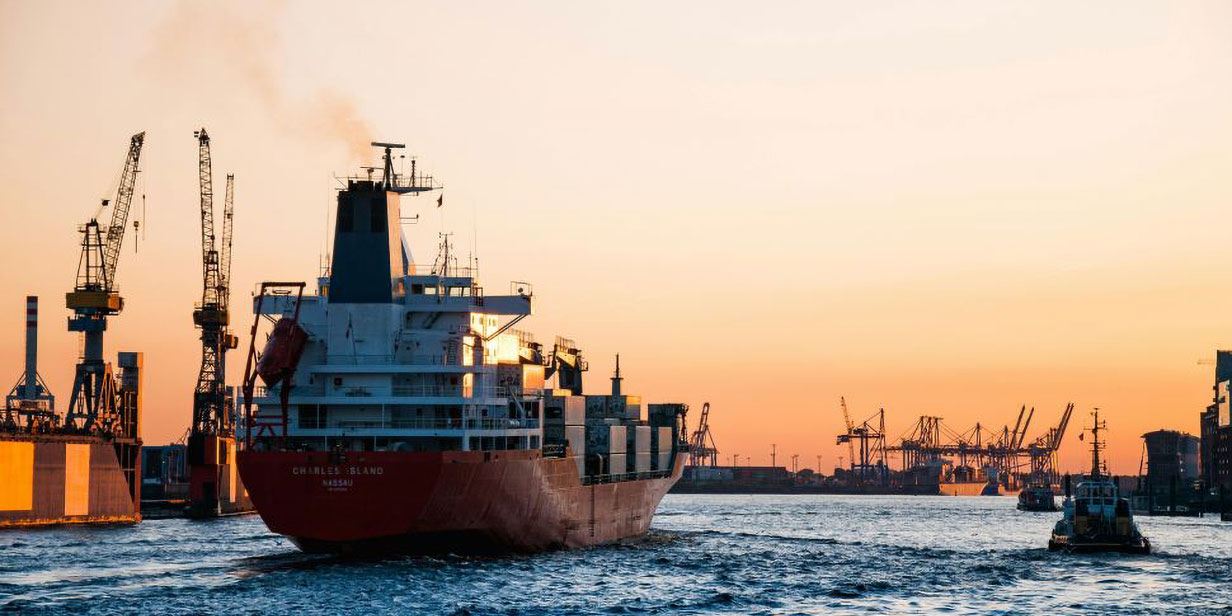Where does the UK rank in the 2024 FM Global Resilience Index?
Key factors affecting the UK business environment

In a world characterised by volatility and uncertainty, the ability to anticipate and adapt to emerging risks is paramount for those organisations seeking long-term success. The need for comprehensive risk assessment tools has never been more critical, as businesses grapple with numerous challenges, from geopolitical instability to climate change. Addressing these issues head-on, FM has unveiled the 2024 FM Resilience Index, offering a data-driven view of the evolving risk landscape.
The new edition of the FM Resilience Index has undergone targeted updates to reflect the rapidly changing nature of the risks encountered by businesses worldwide, enabling organisations to make informed decisions regarding site selection, supply chain design, and loss prevention strategies. Reflecting the changing dynamics of risk, this year's Index incorporates several new factors into its rankings, including education, inflation, water stress, greenhouse gas emissions, and climate change exposure. These additions augment the Index's existing factors, which collectively determine the resilience of 130 countries and territories' business environments.
This year’s index ranks the United Kingdom’s business environment as the 15th most resilient. Of the 18 factors that make up the overall ranking in the Index, the UK is best ranked regarding cyber risk quality. This represents a country's commitment to cybersecurity, including legal measures, technical measures, organisational measures, capacity development, and cooperation, and sees the UK coming in as the 4th highest ranked territory.
The 2024 index does also allude to some negative trends regarding inflation and supply chain disruption in the UK – inflation is down 7 positions in the rankings and logistics down 14 positions this year compared to 2023. Bill Bradshaw, Operations Senior Vice President, Operations Manager, London Operations provides insight on these findings: “Inflation and supply chain issues are on the agenda of businesses from across the world, including in the UK, making it all the more vital that businesses are proactive when it comes to resilience. This is something we work with our clients in the UK on every day. Practical measures, location-specific exposure assessments, and exploration of alternative strategies are all important for businesses to effectively mitigate the challenges expected in 2024 and beyond.”
"Take logistics. It’s important to have visibility of the whole supply chain, end-to-end," Bradshaw further emphasises. "Rather than focusing on just one facility, even if it houses or transports the most valuable part of the final product, businesses can more confidently and accurately quantify risks when the whole supply chain is clear. This is an important step for risk mitigation, especially in the face of climate-related issues that can impact various parts of a supply chain in different ways."
In 2024 the effects of climate risk loom large, with widely anticipated increases in natural hazards for businesses around the world. The findings of the Resilience Index reflect this, particularly for many island nations, with the UK, Philippines, Ireland, and Jamaica all coming near the bottom of the climate risk exposure rankings. This factor reflects the percentage of a country's area devoted to economic activities that is exposed to wind or flood; the island nations rank 110th, 116th, 123rd, and 124th, respectively. The severe flooding Storm Henk brought to the UK in early 2024 highlights the impact of perennial climate risks in the country, as it has become clear how urgently businesses need to comprehend and prepare for climate-related risks.
Therefore, coupling insurance with proactive prevention and risk minimisation measures becomes critical. Businesses can benefit by aligning themselves with insurers offering climate resilience resources and leveraging data-driven tools, such as FM's Climate Change Impact Report, to assess the potential longer term impacts of climate change on their operations.
Finding the capital to invest in resilience-driving measures is not always easy, particularly when taking into account the inflationary pressures occurring across the world. Bill Bradshaw comments that “with inflation at the forefront of the minds of British business leaders, some businesses may not look to invest in resilience at a time when it’s most valuable. Due to rising material and labour costs, a meticulous re-evaluation of exposure becomes necessary.
Bradshaw continues, “Collaborating with insurers and professional property appraisers becomes essential for businesses to verify and optimise information, bridging any gaps that may exist between nominal values and actual losses.” If conducted successfully, this collaborative effort streamlines the process, minimises the potential for unexpected costs, and enhances the overall efficiency of risk management strategies.
Amidst the challenges confronting UK businesses and those across the globe, there is a significant opportunity to cultivate profitability in 2024, focusing on protecting today to drive prosperity tomorrow. The 2024 FM Resilience Index offers critical insights into the evolving risk landscape, facilitating informed business decision-making. From comprehensive supply chain assessments to aligning with insurers offering climate resilience products, businesses can mitigate risks and enhance resilience. By investing in proactive measures, utilising data-driven insights, and fostering collaboration, businesses can navigate challenges effectively and thrive in an uncertain future.
